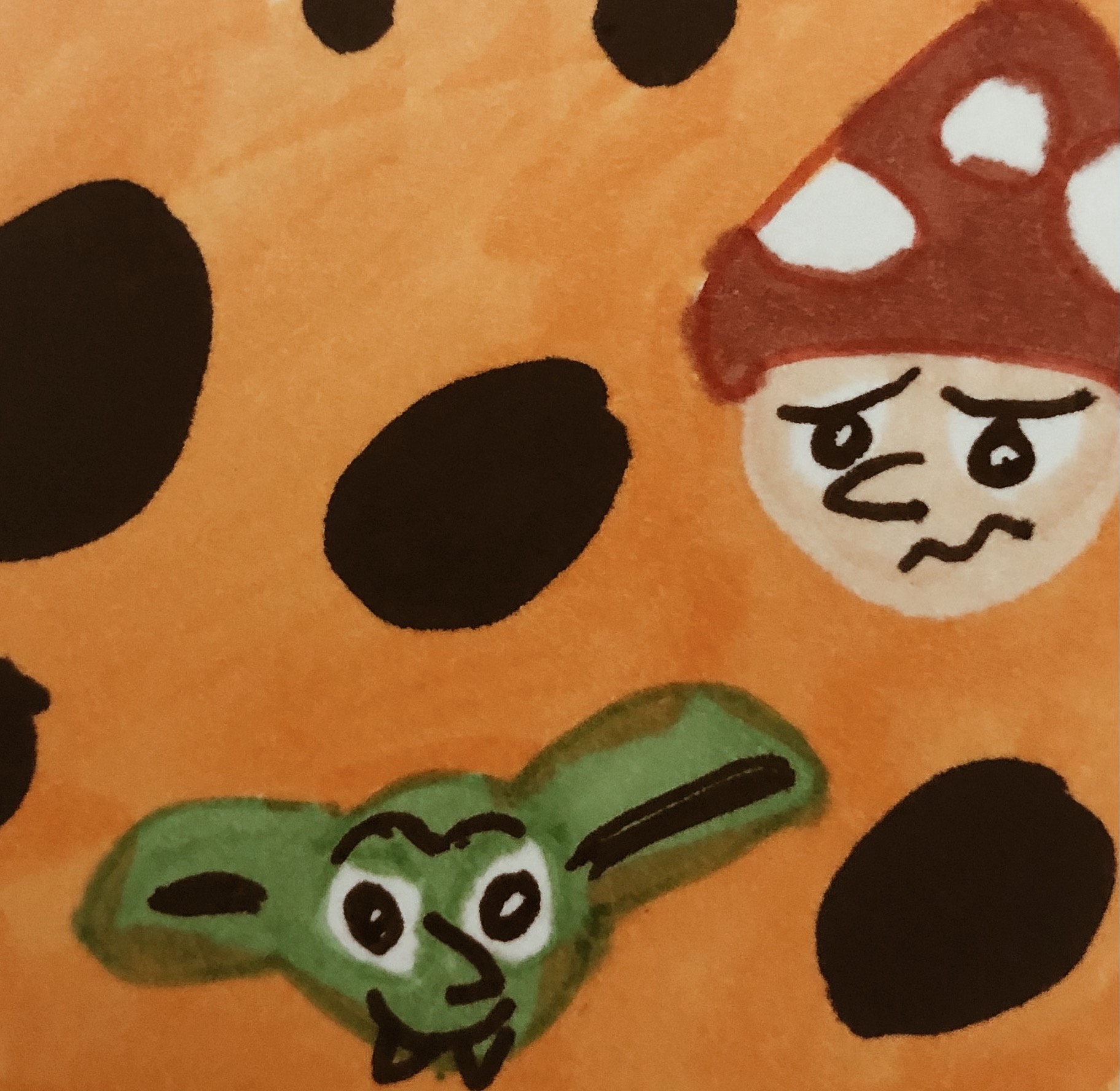
Energy drinks and why they’re so popular
By Brittney MacDonald, Life & Style Editor
A couple weeks ago I drank my first Monster Energy drink in about two years. Usually I stick to black coffee and a lot of ginseng and green tea when I’m feeling a bit burnt out, but I was in a rush. As I sipped what can only be described as the most toxic tasting thing I have ever put in my mouth, I contemplated what brought me to this point. Why would something that tastes so vile be so successful, and why did I even think of buying one and then proceed to drink the entire thing? In essence, what I’m asking is: what changed in our society to make energy drinks a thing?
A few years ago I worked as a clerk at a gas station that doubled as a sandwich and pizza shop. I know it sounds weird, but it was literally in the middle of nowhere and the only things around were wood mills. The mill workers, most of them young men, would come in at around 4:30 a.m. to get cigarettes, breakfast sandwiches, and pretty much whatever else they would need before their shift—and I would be remiss if I didn’t point out that probably about 8 out of 10 of them bought energy drinks. Not that surprising, considering the hours they worked. What shocked me is that the high school students that used the seating area to wait for their bus would do the exact same thing, to the point where, in 2010, I had to call an ambulance because a kid had a heart attack caused by drinking back-to-back 5-hour energy shots his mother had bought for him.
Now I waited a while before I attended post-secondary, so I don’t really know if the pressure placed on high school kids warrants an energy drink addiction—or if it’s merely one of those fads caused by clever advertising and kids wanting to stay up late. I do know what it’s like to be a college/university student, though.
At around my third year, I began to understand the phrase: “You can sleep when you’re dead.” School is extremely demanding—weekdays filled with hours upon hours of lectures you need to be awake and alert for, followed by study sessions that go late into the night, homework, and essays that have to be researched and then written in several drafts before the due date. It can be overwhelming. Good thing you have your weekends right? No—weekends are spent either one of three ways: you use them to complete the practically endless amount of work you’ve accumulated during the week, you allow your friends to drag you out because they’ve been complaining they never see you anymore—and you need time with them so as not to turn into a hysterical mess of stress—or you work, because tuition and bills don’t suddenly disappear because you need a nap.
Being a student is not easy; in fact, it’s probably one of the most difficult things you will ever do in your life—and depending on your life goals you could be stuck doing it for a long time.
So considering all that pressure, pressure that only seems to be growing as time goes on and the job market becomes more competitive, it’s easy to understand how energy drinks wormed their way into our lives. We have been taught that if you’re sleeping, you’re not being productive.
Now, as I stated before, I don’t drink energy drinks often. I am, however, guilty of succumbing to their back water cousin, “jet fuel.” Now, “jet fuel” might be a term unique to SFU and Kwantlen, but it’s when you mix strong black coffee with Pepsi or Coke. Essentially what it does is give you a sugar rush that lasts a lot longer, because there’s more caffeine involved. It’s extremely bad for you, and causes some pretty nasty stomach cramps if you drink too much of it—hence why I can’t judge anyone who drinks Monster and other beverages like it on a regular basis.
So who do I blame for energy drinks being such a major part of our society? I think it should be obvious, but I blame the expectations that we have created for ourselves. The growing popularity of energy drinks is just a symptom of a much larger problem—the denial that we need to maintain our own physical and mental health in favour of becoming perfect, productive members of society.

